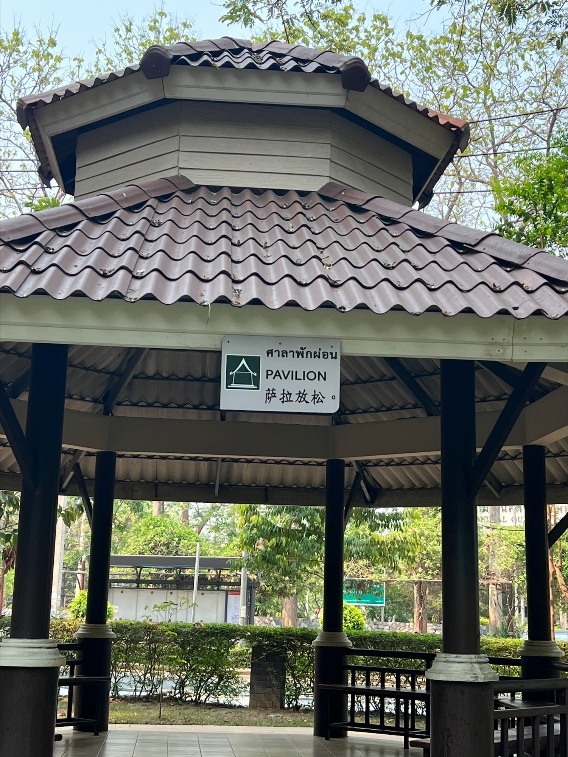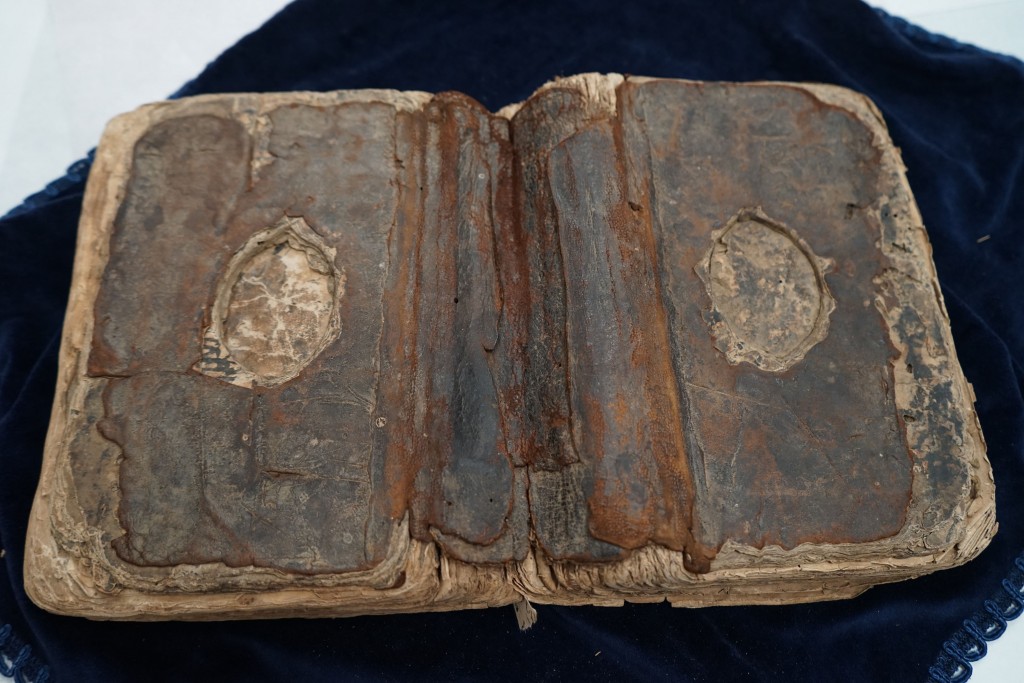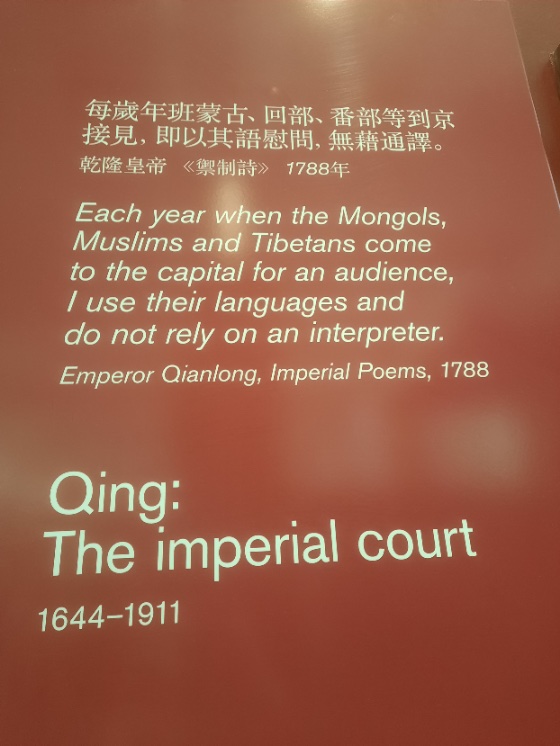The Sutradhar and the Ringgit: A Study of Terms Related to the Early Puppet Theatres
Sino-Platonic Papers is pleased to announce the publication of its three-hundred-and-thirty-second issue:
“The Sutradhar and the Ringgit: A Study of Terms Related to the Early Puppet Theatres,” by Keith Rawlings.
ABSTRACT
Certain words in Sanskrit, Old Javanese, and Ancient Greek that appear in centuries-old texts are thought by many scholars to be early references to puppetry, leading to certain theories about the history of that art. These particular words from antiquity and the Middle Ages and their interpretations and translations underpin currently received views about the antiquity of puppetry. This paper discusses the history of the related scholarship, examines varying interpretations of the words, and suggests other possible meanings, leading to questions about their interpretation. I hope to show that, because words in earlier eras of a language may have different interpretations from those accepted later, texts and the scholarship that relies on them should be re-examined in the light of current knowledge.
Read the rest of this entry »




